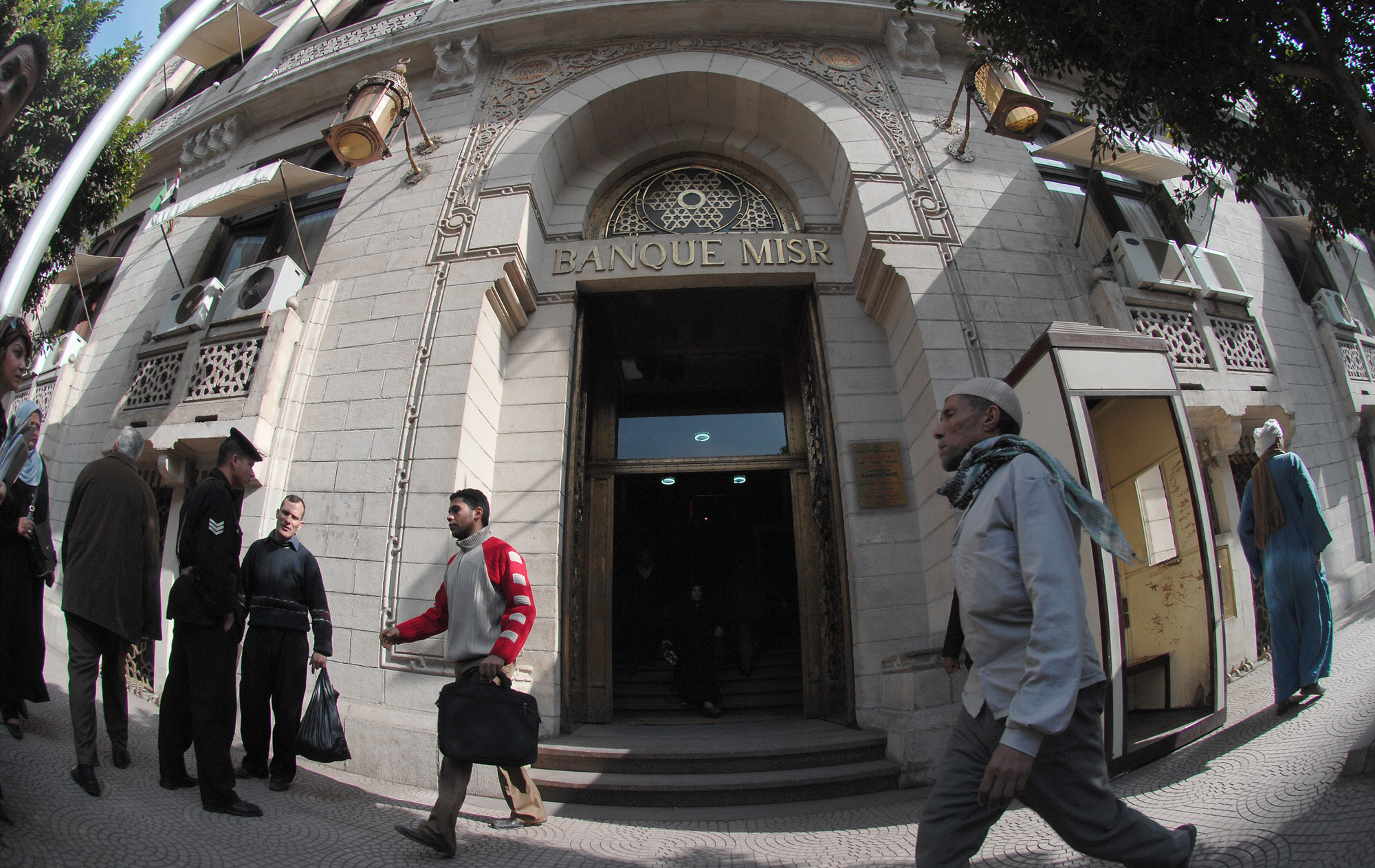RAMALLAH: A top aide to Palestinian president Mahmoud Abbas said on Thursday that it was impossible to have a "serious peace process" with the current Israeli government.
The remarks by Yasser Abed Rabbo, a member of the Palestinian negotiating team, come as Israeli Prime Minister Benjamin Netanyahu has refused to extend a partial moratorium on settlement construction seen as key to US-backed talks.
"There is not going to be a real and serious peace process as long as there is this Netanyahu government," Abed Rabbo told AFP. "This government is not serious about achieving peace in the region."
Abed Rabbo was speaking on the eve of an Arab League summit in Sirte in Libya where Abbas was expected to make a final decision on whether to continue US-backed peace talks after the resumption of Israeli settlement construction.
Khaled Mesmar, the Palestinian National Council’s media adviser, said after a meeting in Amman late on Wednesday night that Abbas hinted at "new and important things" at the Libya meeting.
"These new things include the possibility of resigning. He told the meeting ‘I might remain on this seat for just one week’," Mesmar told AFP.
In Sirte, US Secretary of State Hillary Clinton telephoned Abbas to say Washington was continuing its efforts to make the peace process succeed, the Palestinian president’s spokesman Nabil Abu Rudeina told AFP.
Abbas reiterated to her the Palestinian demand for an end to Israeli settlements, he added.
Netanyahu has reportedly rebuffed US and Palestinian calls for a limited extension of the settlements moratorium, in part because he does not have the support for such a move from the majority of his mostly right-wing coalition.
He has repeatedly urged Abbas to stick with the talks and downplayed the impact of the settlement-building on peace efforts.
"The question needs to be directed to the Palestinians: why are you abandoning the talks?" Netanyahu told reporters Thursday.
"Don’t turn your backs on peace; stay in the talks. This is what needs to be asked today, and not of the Israeli government."
The Palestinians, however, see the freezing of settlements as a crucial test of Israel’s intentions.
"(The Israeli government) is always singing the praises of peace but on the ground it is putting every obstacle in the way of real progress," Abed Rabbo said.
Hanna Amira, a senior official in the Palestine Liberation Organization (PLO), said Abed Rabbo’s opinion of the month-old talks was shared by the entire Palestinian leadership.
"The only gain we’ve made is the halt of settlements, and now they no longer agree to this, so the Palestinian leadership is now thinking seriously about changing the course of these negotiations," he told AFP.
The Islamist Hamas movement ruling Gaza has echoed the calls to withdraw from the negotiations — to which it was always adamantly opposed — and on Thursday urged Arab leaders to drop their support for the talks.
"We call on Friday’s Sirte summit to lift its cover for all forms of negotiations because their consequences will be dangerous for Palestinian rights and principles," Hamas spokesman Fawzi Barhum said in a statement.
Abbas had repeatedly threatened to quit the talks if an Israeli moratorium on new settler homes was not extended past its expiration on September 26.
Netanyahu has, however, refused to renew the restrictions despite a week of intense shuttle diplomacy and reports that Washington has offered both sides generous incentives to keep the talks alive.
Israel’s ambassador in Washington said on Thursday the United States has offered Israel incentives in return for extending the settlements freeze.
"The administration has come back to Israel with a number of suggestions, incentives if you would, to the Israelis that would enable the government to maybe pass a limited extension of two or three months," Ambassador Michael Oren told The Washington Post.
The latest round of negotiations aimed at resolving the decades-old Middle East conflict was relaunched on September 2 after a 20-month hiatus.
The Palestinians view the settlements as a major threat to the establishment of a viable future state in the occupied West Bank and annexed Arab east Jerusalem, and the international community considers them illegal.


